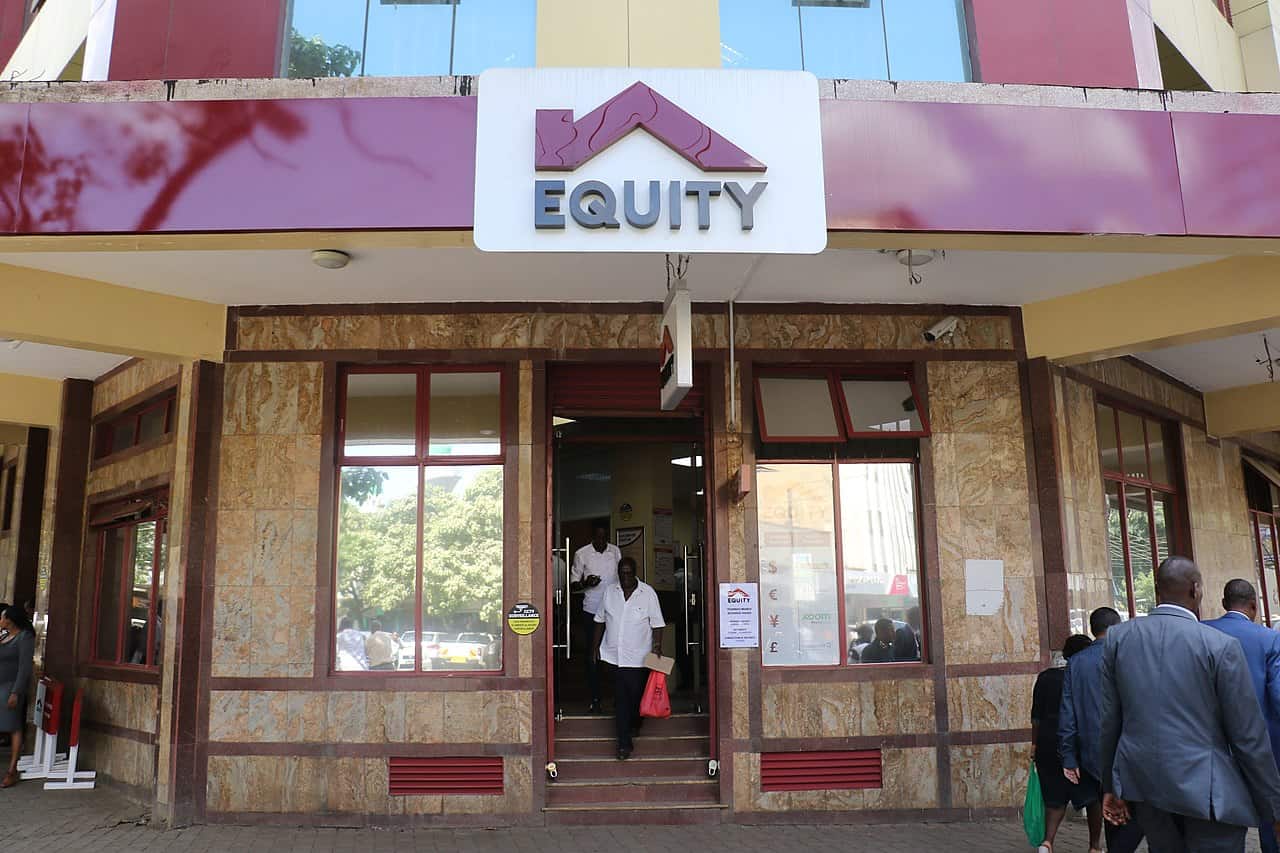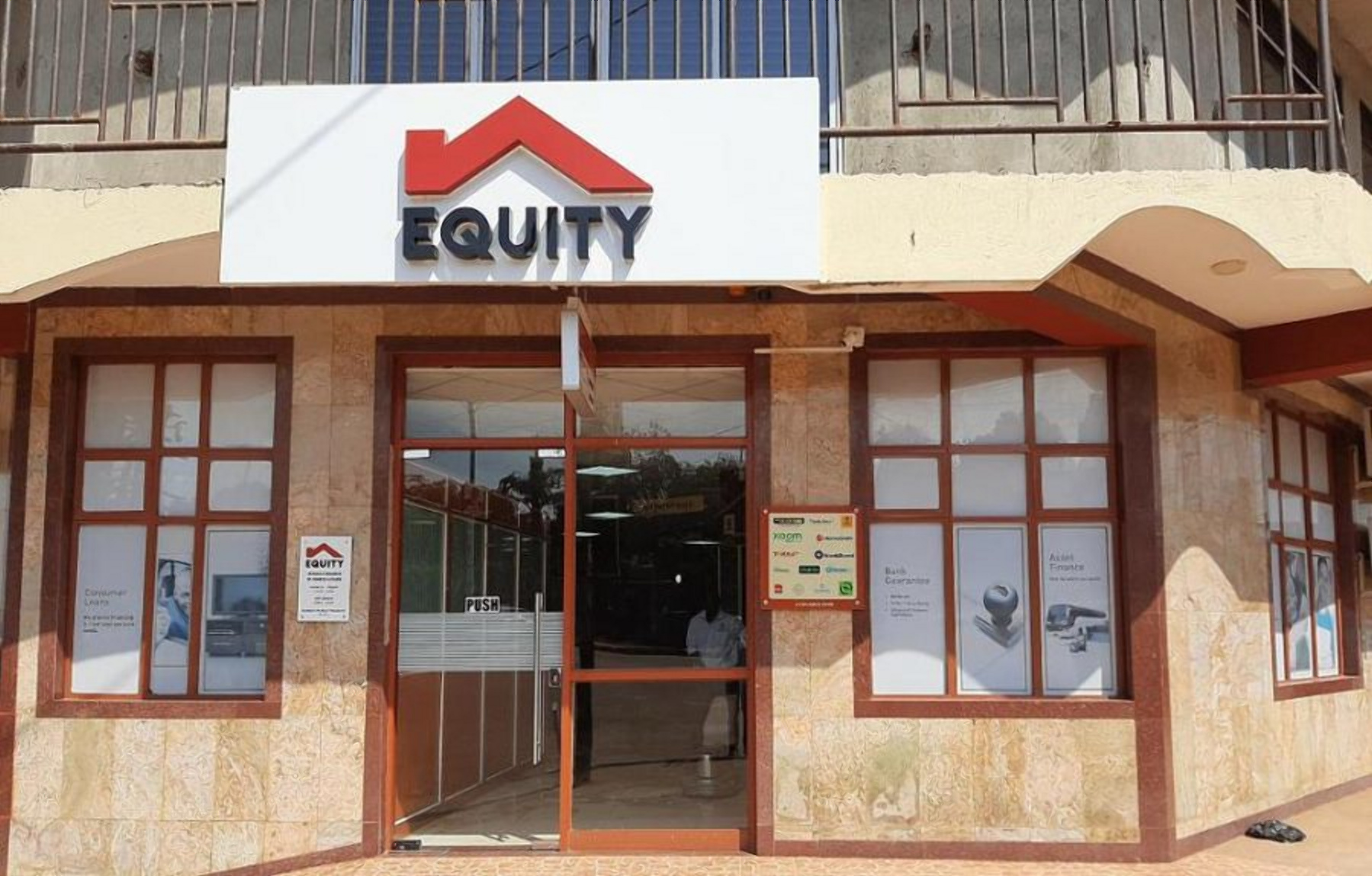
Dr.James Mwangi,Equity Group Holdings Plc,CEO&MD
- Equity Bank Kenya Limited Reduces Interest Rates on Loans for a second Time in Row following Central Banks of Kenya(CBK’s) Rate;
Equity Bank (K) Ltd is pleased to announce a reduction in interest rates on all new and existing Kenya Shilling-denominated credit facilities, following the recent decision by the Central Bank of Kenya’s Monetary Policy Committee (MPC) to cut the Central Bank Rate (CBR) from 12.75% to 12.0%.
The reduction, effective 18th November 2024, reflects Equity Bank’s proactive commitment to making credit more affordable and accessible to a wider range of customers, furthering financial inclusion and stimulating economic activity across Kenya. This is the 2nd time that Equity has reduced its lending rate within the last six months. It had reduced its rate in September 2024.

The reduced interest rate on all new and existing Kenya Shilling-denominated credit facilities will comprise the revised Equity Bank Reference Rate (EBRR) of 17.39% plus a margin, currently capped at a maximum of 8.5% per annum.
This reduction applies to a wide range of credit products reflecting the bank’s commitment to fostering financial inclusion and supporting customers across diverse sectors.

“The reduction in our Equity Bank Reference Rate (EBRR) from 17.83% to 17.39% is in response to the MPC’s decision, which aims to maintain economic stability amid improving inflation trends and favorable economic indicators.
With this reduction, all new and existing customers with Kenya Shilling-denominated loans will benefit from lower borrowing costs, providing immediate relief and supporting their financial aspirations.
Equity Bank remains committed to broadening access to affordable credit, thereby empowering small businesses, entrepreneurs, and individuals to participate in Kenya’s growth journey,” said Dr James Mwangi, Equity Group Managing Director and CEO.

Dr Mwangi spoke about reducing the interest rate during the release of Equity Group’s financial results for Q3 2024 during an investor briefing last week. Lowering interest rates is a significant and beneficial move for the economy. By reducing the cost of borrowing, businesses will now access more affordable credit, which in turn lowers the overall operational costs.
This financial relief for business owners not only supports their economic activities but also fosters the growth of enterprises, leading to the creation of employment opportunities.
For households, the lower interest rates will mean reduced borrowing costs, an increase in disposable income and providing families with more finance.
This additional income can stimulate consumer spending, further driving economic growth. Overall, this change aligns with the government efforts to bolster the country’s economy by making both business and personal finance more accessible and sustainable.








